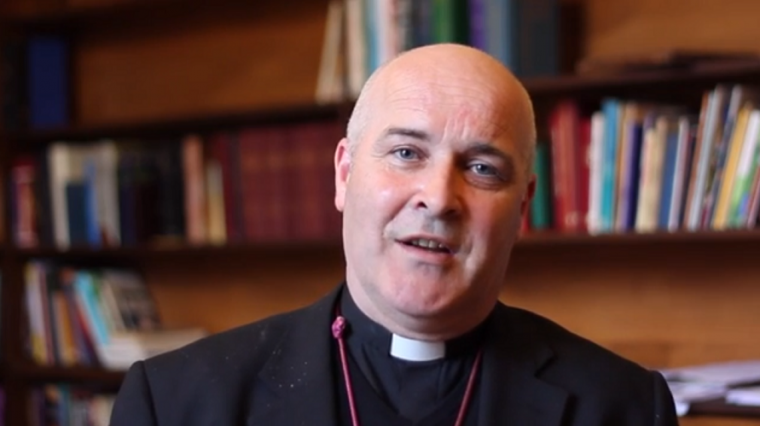'Jesus was a black man,' says Stephen Cottrell

The new Archbishop of York, Stephen Cottrell, has spoken of his desire to advance racial equality in the Church of England after his confirmation this week.
Cottrell, speaking to The Sunday Times, said the Church of England's leadership was "still too white" and that he wanted to see the same change happen for the BAME community as has happened with women, who in recent years have become bishops for the first time.
He told the paper that his confirmation, on 9 July, at a time when racial inequality is in the spotlight, puts the Church "in an awkward place".
"One of the failings the church has made has been a form of tokenism without addressing the deep systemic issues of exclusion and prejudice," he said, adding that Jesus would have joined the Black Lives Matter protests.
"Jesus was a black man, and he was born into a persecuted group in an occupied country," he said.
"The leadership of the Church of England is still too white, and I hope under my watch we'll see further changes on that. The Church of England has not been good at reimagining what its ministry of leadership should look like."
He went on to say that he believed there was still institutional racism in the Church of England today.
"Sadly I'm sure there are one or two individuals who would still have racist attitudes, but it's not that, it is about how we're structured," he said.
"But one of the things I've seen change in my own time has been the inclusion of women. I am very frustrated often at the pace of change, but equally I'm not going to apologise much because actually there has been such a lot of change that has been so positive.
"The inclusion of women in leadership has made such a difference and I'm determined to continue that with the BAME community."
Cottrell also addressed a safeguarding failing that came to light last week, for which he apologised. The failing related to a report of domestic abuse in his diocese that he became aware of in his last few weeks as Bishop of Reading. He admitted that this report was not properly documented and had not been passed on to the diocesan safeguarding officer or the police.
"Now that I have discovered that this incident was not followed up as it should have been, I am deeply distressed and extremely sorry," Cottrell said in an earlier statement.
He told The Sunday Times the events of the past week had caused him to reflect on leadership.
"What sort of leaders do we want? Obviously, in an ideal world, we would have people who never ever made a mistake. But since those people are not available, then I would hope for honest people, who are open about their mistakes and prepared to learn from them," he said.
"Openness, transparency and accountability seem to me to be three important characteristics that we should expect from leaders in all walks of life."
He went on to express support for LGBTQ+ Christians in the Church of England, saying that pastoral guidance upholding heterosexual marriage as the only place for sex "could have been worded more carefully".
"There are people with strongly held traditional views that I understand and respect, and I want them to be part of the church," he said.
"But at the same time I'm thinking of LGBTQ+ Christians and their experience; I don't want them to be disenfranchised or excluded, so we're going to have to find a way of living together with disagreement."











